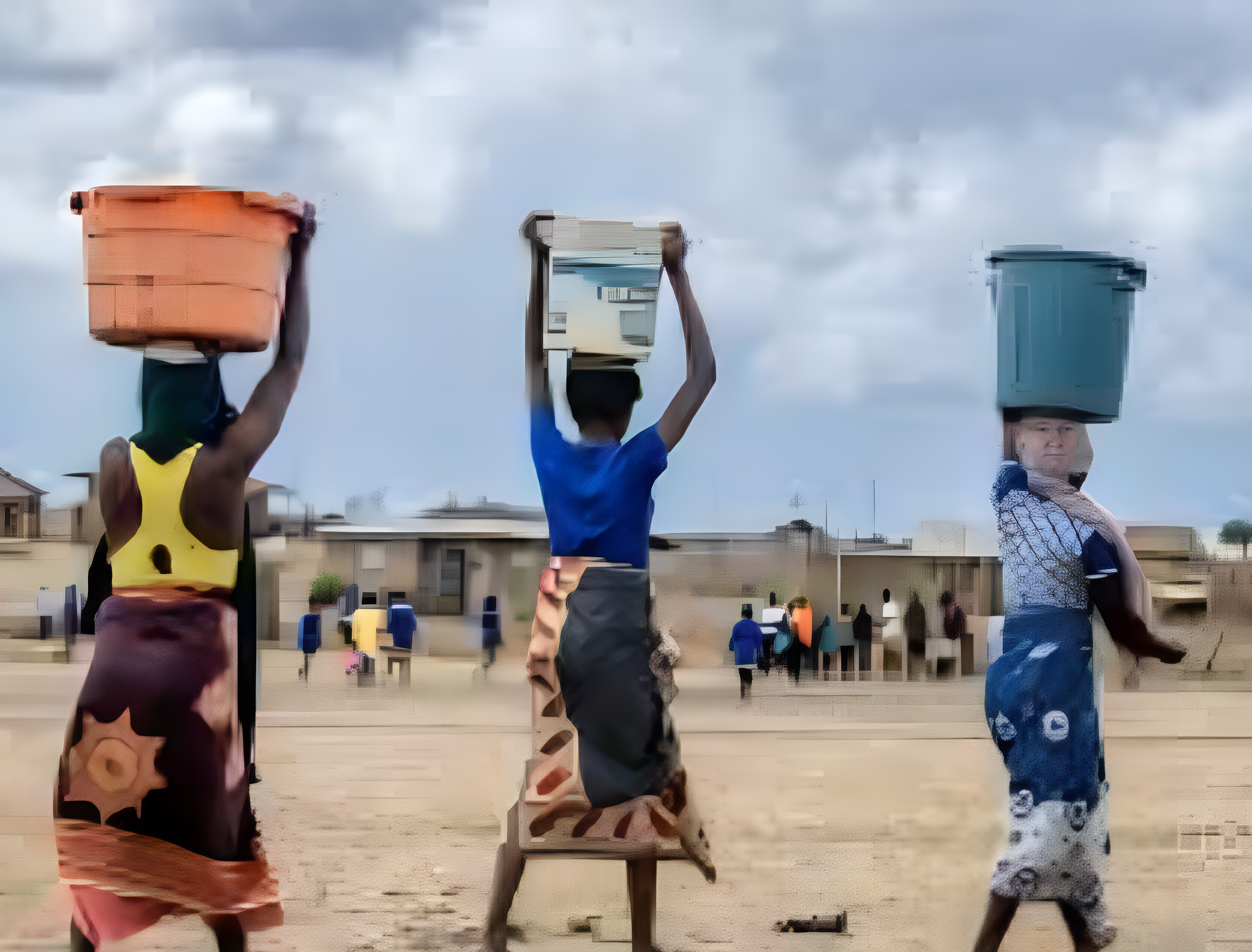The world is witnessing multiple crises affecting different regions, each presenting complex humanitarian, economic, and political challenges. From ongoing conflicts to environmental disasters, these issues demand urgent global attention, cooperation, and long-term strategies for recovery and stability.
The world continues to face humanitarian and geopolitical challenges as various regions grapple with conflict, economic instability, and recovery efforts. Ongoing crises in multiple areas have led to widespread displacement, food shortages, and urgent calls for international support. The impact of these situations extends beyond borders, affecting trade, security, and diplomatic relations. While humanitarian organizations and governments work toward solutions, the need for sustainable peace, stability, and resilience remains a top priority. Addressing these crises requires global cooperation, timely intervention, and long-term strategies to support affected communities and promote recovery.
Humanitarian and Economic Impact
In many regions, prolonged instability has resulted in displacement, food insecurity, and strained healthcare systems. Essential resources such as clean water, medical aid, and shelter remain critical for affected populations. Additionally, disruptions in local economies have led to declining job opportunities, reduced trade, and increased reliance on external aid. Ensuring sustainable development and rebuilding economic structures are key priorities for long-term stability.
Geopolitical and Security Concerns
Conflicts and territorial disputes have intensified security concerns, impacting regional stability and international relations. Governments and global organizations are working toward diplomatic solutions to address these crises while ensuring peacekeeping efforts remain effective. Strengthening security cooperation and conflict resolution mechanisms will be essential to restoring stability and preventing further escalation.
Environmental and Climate Challenges
In some regions, climate-related disasters have worsened existing crises, leading to displacement and economic hardship. Extreme weather events, deforestation, and resource scarcity have further strained vulnerable communities. Addressing these environmental issues through sustainable policies, disaster preparedness, and climate resilience programs is crucial for long-term recovery.
Global Cooperation and Solutions
The international community continues to provide aid, policy support, and diplomatic efforts to mitigate the impact of these crises. Humanitarian organizations, governments, and local authorities are collaborating on relief efforts, economic recovery plans, and peace negotiations. Effective policies, strategic investments, and long-term planning will play a crucial role in addressing these challenges and ensuring a path toward recovery and stability.
By fostering global partnerships, supporting economic development, and prioritizing humanitarian aid, a collective effort can help rebuild communities and create a more stable and resilient future for affected regions.

